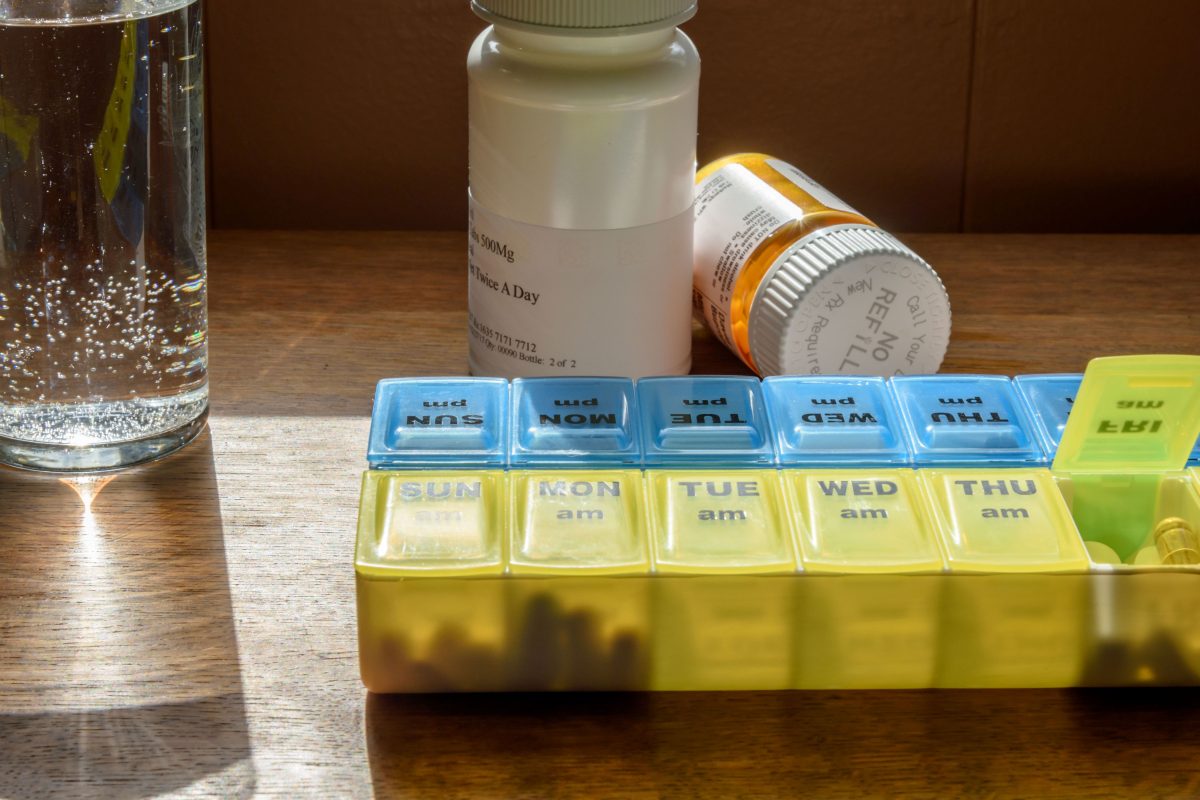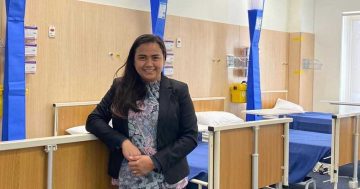
Queensland adults with ADHD can now receive prescriptions from their GP for medication. Photo: Kris Prahl.
The Queensland Government is delivering an Australia-first policy of enabling GPs to initiate and adjust prescriptions for ADHD medications for adults.
The change, set to take effect on 1 December, will involve alterations to the Medicines and Poisons (Medicines) Regulation 2021 to boost the efficiency of ADHD care for adults.
Queensland’s LNP Government said the previous system left adults with ADHD waiting for costly appointments with specialists for formal diagnosis and treatment.
This issue was particularly prominent in rural and regional parts of the state, where a dearth of specialists led to a lack of support for those with ADHD.
Minister for Health and Ambulance Services Tim Nicholls said the change was supported by GPs, who believed it would provide faster, appropriate care for adults with ADHD.
“The Crisafulli Government is delivering an Australian first alongside GPs, psychiatrists and the wider health community to ensure every Queenslander can live a full, healthy and productive life,” Mr Nicholls said.
“These important changes are going to be a game-changer for many adults with ADHD — particularly those living in remote and regional areas — because it will enable more affordable care, closer to home, with a trusted health professional who knows them.”
The changes build on the existing ability of all doctors, including specialist GPs, to prescribe ADHD medication for children aged four to 17 in Queensland.
Mr Nicholls said the changes had been formulated in consultation with healthcare professionals with the goal of improving the lives of Queenslanders with ADHD.
“It was important we heard from healthcare professionals to ensure these changes were safe and staff would have the appropriate training,” he said.
Mr Nicholls said the changes would be set in place carefully to ensure patients were safe and received quality service.
Royal Australian College of General Practitioners (RACGP) chair Dr Cath Hester said: “The Royal Australian College of GPs applauds the Crisafulli Government for supporting high-quality GP-led ADHD care closer to home.
“General practice is the natural home for the care of chronic conditions like ADHD. Having a GP who knows you and your medical history is crucial, especially for the care of neurodivergent patients.”
A neurodevelopmental disorder, ADHD is estimated to affect between 6 and 10 per cent of children and adolescents, and between 2 and 6 per cent of adults, nationally.





